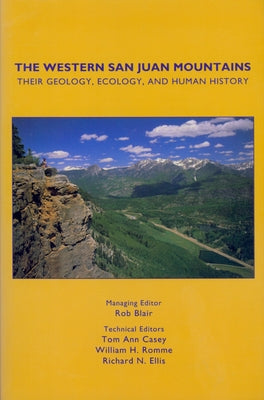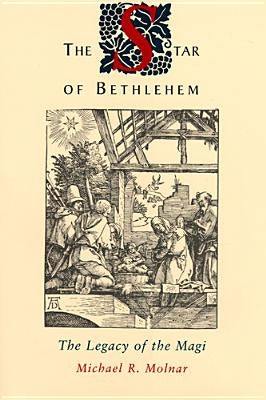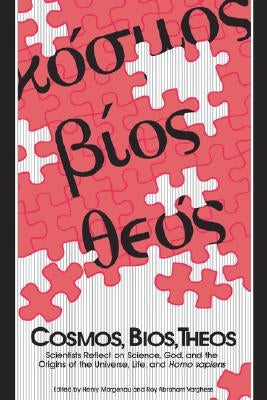Description
Conflicts over the conservation of biodiversity are increasing and are serious obstacles to wildlife conservation efforts worldwide. Changing patterns in land use, over-exploitation, pollution, climate change and the threat posed by invasive species all challenge the way we currently maintain and protect biodiversity - from the local management of single species to the international management of resources. Integrating approaches from different academic disciplines, policy makers and practitioners, this volume offers a radically new, cross-disciplinary, multi-scale approach to deal with conflicts. Groundbreaking strategies for conservation are analysed and a large section of the book is devoted to exploring case studies of conflict from around the world. Aimed primarily at academics, researchers and students from disciplines relating to conservation, ecology, natural resources management and environmental governance, this book will be equally valuable to conservation NGOs and practitioners, and the policy community at national and international levels.
About the Author
Redpath, Stephen M.: - Stephen M. Redpath is a conservation scientist at the University of Aberdeen. He started his career as an ecologist at Leeds University, where he got his PhD in 1989, working on birds of prey and red grouse. In 2007, he moved to Aberdeen University and was Director of the Aberdeen Centre for Environmental Sustainability. Much of his work now focuses on understanding and searching for sustainable solutions to conservation conflicts.Gutiérrez, R. J.: - Ralph J. Gutiérrez is a wildlife ecologist at the University of Minnesota, St Paul, where he holds the Gordon Gullion Endowed Chair in Forest Wildlife Research and Education. His research centres on grouse, quail, and endangered species. He has studied spotted owls for thirty-five years and observed the continuing conflict between forestry interests and conservation interests over the fate of the owl and its habitat. Over the past fourteen years his interests have expanded from science and management to the roots of the conflict.Wood, Kevin A.: - Kevin A. Wood is an early career researcher at Bournemouth University interested in conservation and ecology. His interest in the natural world began with a childhood chasing insects, climbing trees and trying to catch fish in the Oxfordshire countryside where he grew up. His research aims to predict how organisms will respond to environmental change, and how species can be managed to prevent population declines.
Et al...




















































